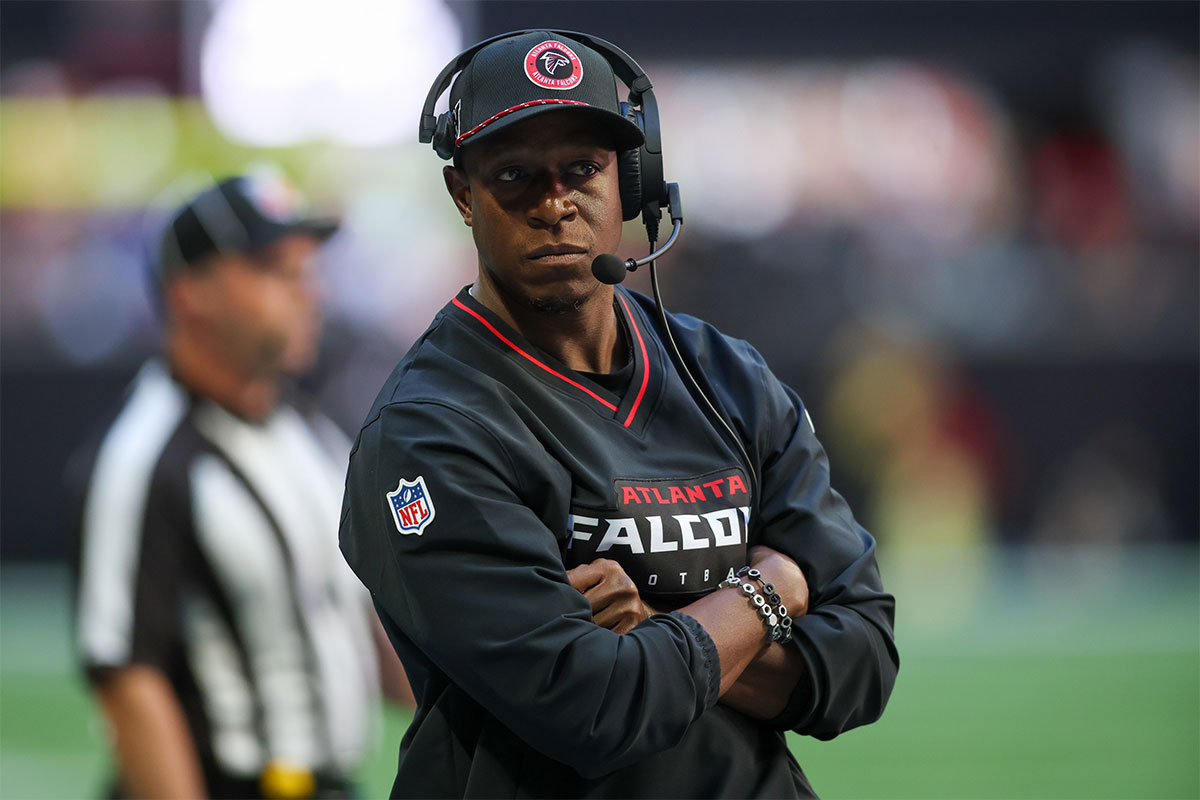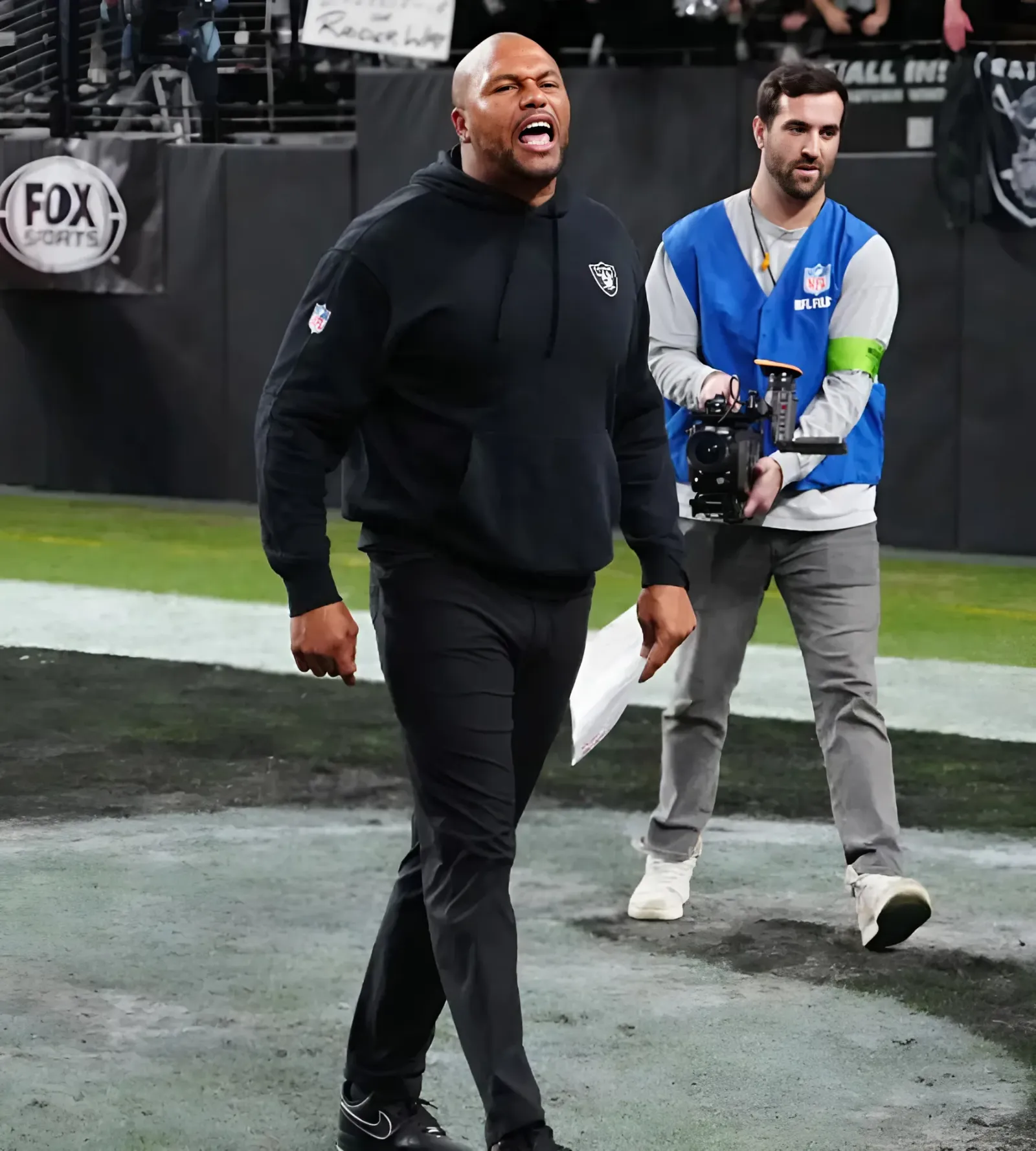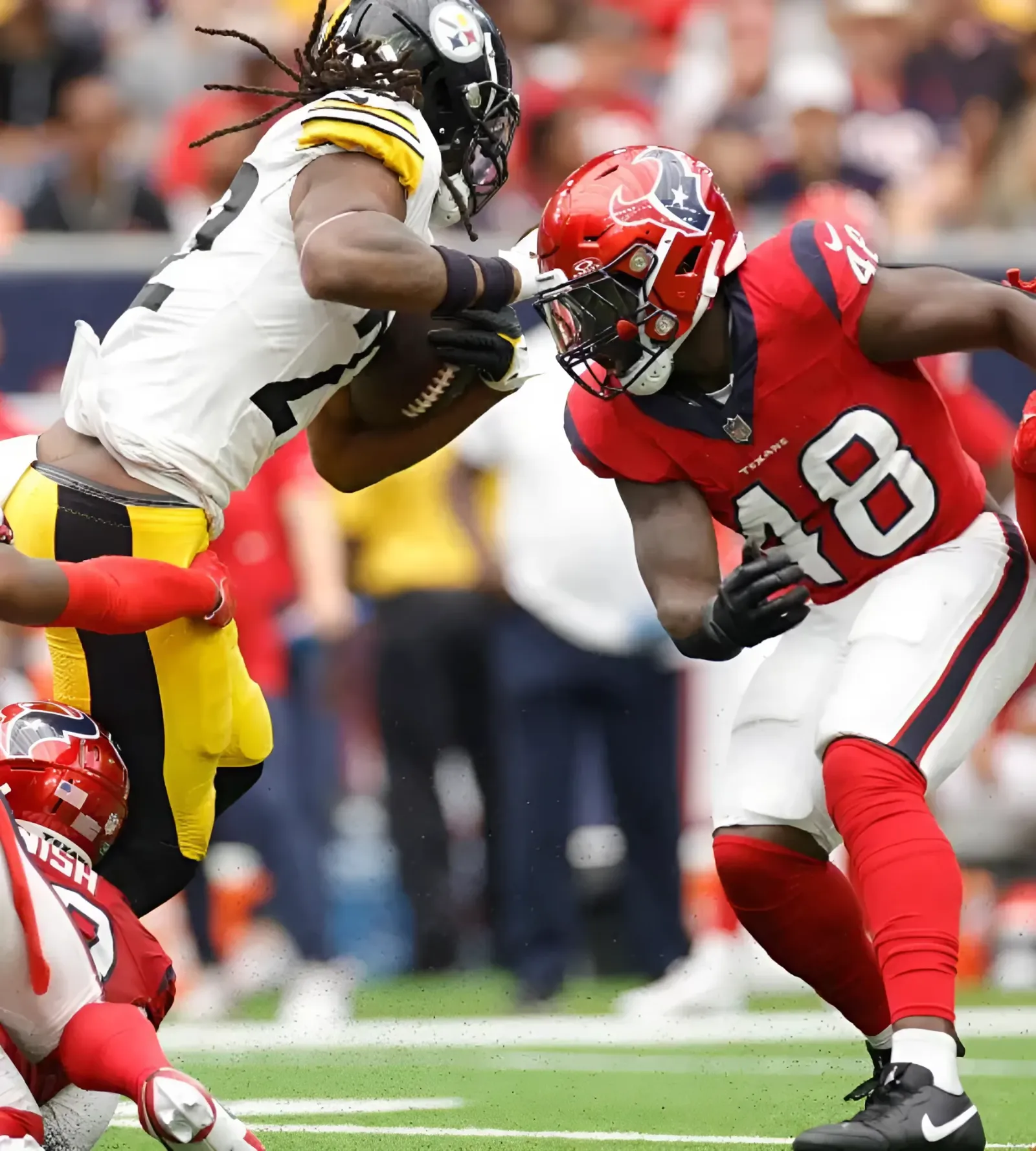The Falcons lost the opportunity to control their own destiny after loss to Commanders.
The Atlanta Falcons entered Sunday Night Football against the Washington Commanders in what felt like a must-win game. Unfortunately for Atlanta, it was the Commanders who emerged victorious, securing not only the win but also a spot in the NFC playoffs—something the Falcons now find increasingly out of reach.
Winning in Week 17 wouldn’t have guaranteed the Falcons one of the seven playoff seeds in the NFC, but it would have allowed them to control their own destiny. Instead, coupled with the Tampa Bay Buccaneers’ 48-14 demolishing of the Carolina Panthers, Atlanta’s path to the postseason has become precarious. All the Buccaneers need to do now is defeat the New Orleans Saints in Week 18 to clinch their fourth consecutive NFC South title.
For the Falcons, the scenario is far more complicated. They must win against the Panthers and hope for a massive upset from their archrivals, the Saints, over the Buccaneers.
It didn’t have to come to this, though. That will likely be the lingering thought as the Falcons’ season potentially concludes next week. Atlanta held a 17-7 lead at halftime, only to be outscored 16-7 in the second half into overtime. With little hope left for extending their season, there’s no shortage of blame to go around.
Raheem Morris chooses not to use timeouts

The biggest blunder for the Falcons on Sunday night came from their own head coach, Raheem Morris. And it didn’t just happen once—it happened twice.
The first misstep wasn’t as egregious but set the stage for what would become a larger issue later in the game. With 1:53 remaining in the second quarter and Atlanta holding a 10-7 lead, the Falcons had an opportunity to extend their advantage. Rookie quarterback Michael Penix Jr. hit Darnell Mooney for a 12-yard gain, moving the Falcons to Washington’s 36-yard line with 40 seconds left. Instead of calling one of their three timeouts to stop the clock and set up a potential touchdown, Morris allowed 20 seconds to drain away before ultimately settling for a field goal. While the decision didn’t seem catastrophic at the time, it underscored a pattern of questionable clock management.
Unfortunately for Atlanta, Morris’ clock management woes became far more glaring in the fourth quarter.
With 40 seconds left in a 24-24 tie, Penix completed a first-down pass to Darnell Mooney for a 25-yard gain to the Falcons' 44-yard line. Instead of immediately calling one of their two remaining timeouts, Morris allowed 16 precious seconds to run off the clock before stopping play. By the time the timeout was used, there were just 17 seconds left—severely limiting Atlanta’s chances of advancing into manageable field goal range.
Had Morris called the timeout immediately, the Falcons would have had closer to 30 seconds to work with—enough time to run additional plays and potentially improve their field position. Instead, they ran three more plays, aided by a defensive pass interference penalty, to set up a desperate 56-yard field goal attempt by fill-in kicker Riley Patterson. The kick fell well short, forcing the game into overtime.
Atlanta’s timeout mismanagement didn’t end there. The Falcons used one of their remaining timeouts during a dead-ball situation and never utilized their third timeout.
After the game, Morris addressed his clock management decisions, saying, “I thought we could get to the line of scrimmage with our operation there, could be a little bit faster there. Trying to save that timeout. In hindsight, could have been a good decision, or better decision, to take that timeout to have the opportunity to move up there.”
While Morris’ explanation acknowledged the error, the damage was already done. The Falcons’ inability to manage the clock effectively cost them a chance to win in regulation. Instead, the game went into overtime, where Washington’s offense capitalized, and the Falcons’ offense never touched the ball. The loss dropped Atlanta’s record and playoff hopes into precarious territory, leaving fans and analysts alike questioning the missed opportunities.

Defense falters, offense sputters in second half
While head coach Raheem Morris will bear much of the blame for the Falcons' loss to the Commanders, Atlanta's second-half performance left little to celebrate on either side of the ball.
The Falcons built a 17-7 first-half lead largely by containing Washington rookie quarterback Jayden Daniels. Atlanta matched its season-high sack total with five, consistently pressuring Daniels early. However, when the game was on the line, they failed to hold him in check. Daniels finished with 354 total yards, including 127 on the ground, along with three passing touchdowns and one interception.
Also, the Falcons defense allowing the Commanders to convert a fourth-and-5 on their own 39 late in the third quarter was a huge turning point in the third quarter. Down 17-14, Daniels hit running back Jeremy McNichols for the conversion that then led to the go-ahead touchdown.
Offensively, the Falcons showed promise with Penix under center, but a glaring issue was the disappearance of Bijan Robinson in the second half. After scoring two first-half touchdowns, Robinson managed only eight yards on four carries after halftime. Atlanta's offense sputtered, producing just seven points in the final two quarters.



